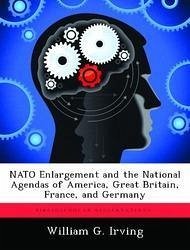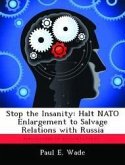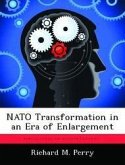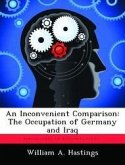This thesis examines the enlargement of NATO from the collapse of the Warsaw Pact and the Soviet Union, through the formation of the North Atlantic Cooperation Council and the Partnership for Peace initiative, to the present day with an emphasis on the effects of national perspectives and agendas on the formulation of NATO enlargement strategy. The study concentrates on the formulation of NATO enlargement strategy, the roles key organizations have had in shaping that strategy, and the impact on the process of national concerns and demands, including those of Russia. This study concludes that NATO enlargement strategy has yet to fully address the concerns of all NATO members, especially in view of the unlikely prospect of Russia's resurgence and the growing tendency for Central and eastern European nations to see joining the European Union (EU) as their primary objective. These and lesser considerations support the contention that perhaps NATO should forego enlargement in favor of expanding and strengthening the activities of PfP. Additional time would permit NATO both to dispel Russian apprehensiveness concerning enlargement and to fashion a coherent enlargement strategy. Such a strategy must address dealing with prospective members not admitted in the first wave, establishing a viable relationship with Russia, and deciding means and methods for improving military organization and infrastructure. Resolution of these and related issues will allow enlargement to achieve its full potential within the context of a changed European security architecture.








